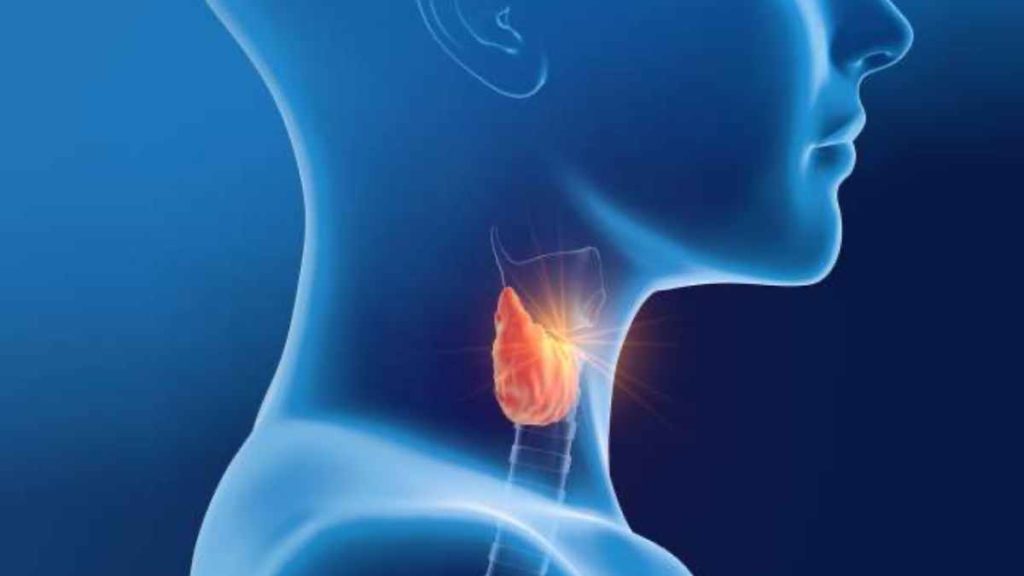The endocrine system consists of various glands, including the pituitary gland, thyroid gland, adrenal gland, and pancreas. These glands produce hormones that affect your metabolism, growth and development, mood, and sexual function. If these glands are not working as they should, your body suffers severe effects from having too high or too low hormone levels. Most of the time, endocrine diseases or disorders improve with medications, but specialists recommend McKinney endocrine surgery if drugs don’t control your symptoms adequately. The following are conditions that may require endocrine surgery.
Hypothyroidism
Hypothyroidism or underactive thyroid is a condition whereby your thyroid gland doesn’t produce enough vital hormones. It often doesn’t cause noticeable symptoms in the early stages but can cause health problems like obesity, infertility, joint pain, and heart disease if left untreated. Hypothyroidism mainly affects middle-aged and older women, but anyone can develop the condition, including infants. There are various reasons why the thyroid gland may not produce enough hormones. It may be due to autoimmune disease, thyroid surgery, radiation therapy, and certain medications. As the first line of treatment, your doctor may prescribe medications to control your symptoms, but surgery may be an option if drugs are ineffective.
Diabetes
Diabetes is a chronic health problem that develops when your body doesn’t produce enough insulin or the cells do not absorb glucose from the bloodstream. Most of the food you eat is broken down into glucose or sugar, which is released into the bloodstream. When blood sugar rises, it signals the pancreas to produce insulin hormone, which lets sugar into the cells. However, if your body doesn’t make enough insulin or can’t utilize it as it should, glucose accumulates in your bloodstream. Eventually, this can cause complications like vision loss, heart disease, and kidney disease. Patients require insulin therapy for a lifetime to control blood sugar
Hyperthyroidism
Hyperthyroidism is whereby your thyroid gland is overactive and produces too much thyroxine hormone. Your thyroid may release too much thyroxine due to Grave’s disease, thyroiditis, or hyperfunctioning thyroid nodules. Excess thyroxine hormone accelerates your body’s metabolism, causing unintended weight loss even when your appetite and food intake stay the same or increase. Other symptoms include rapid heartbeat, irregular heartbeat, sweating, tremor, increased sensitivity to heat, changes in menstrual patterns, swelling at the base of your neck, and skin thinning. These signs and symptoms mimic other health problems, making it difficult to diagnose the condition. Anti-thyroid medications and radioactive iodine can slow the production of thyroid hormones, but sometimes your doctor may need to remove all or parts of your thyroid gland surgically.
Adrenal Cancer
Adrenal or adrenocortical cancer affects one or both of the small, triangular glands above the kidneys. These glands produce hormones that instruct every organ and tissue in the body. When diagnosed early, there is a chance of cure, but if the disease spreads to other areas, cure becomes less likely. Treatment of adrenal cancer involves surgery to remove the entire gland; if cancer has spread to other organs like the liver, parts of the organs might also be removed.
If you have further questions about endocrine surgery, consult your healthcare provider at Michael Sutker, MD.

